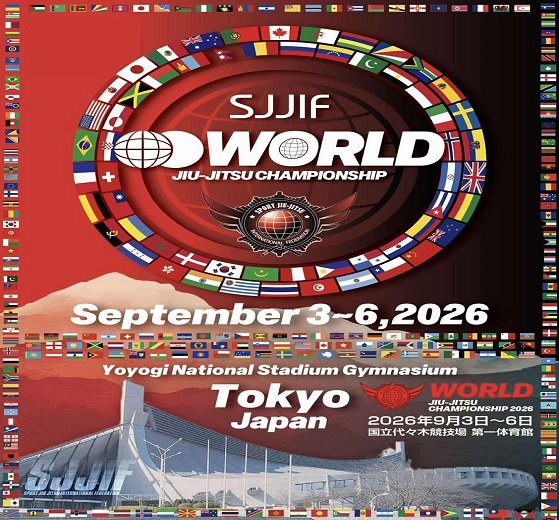In a scene not unlike intense sports rivalries, Francis Ngannou’s dismissal from the UFC has sparked a major uproar in the world of mixed martial arts. Ngannou’s removal isn’t just a fleeting incident; it opens the door wide to discussions about the neglected rights of fighters and how they are treated in major tournaments like the UFC.
Ngannou’s Dismissal: A Decision That Raises Questions About UFC’s Fairness
In the sports world, players face tough decisions, some fair and others controversial. In Ngannou’s case, it seems that the UFC chose to erase him from the collective memory of promotion, as his name was removed from countdown episodes, leading many to wonder: Was this decision mere coincidence, or is it part of a larger strategy to marginalize fighters who leave the organization?
Dana White, UFC President, issued an apology, attributing the matter to miscommunication. But can such justifications erase the feeling of exclusion that Ngannou and his fans experience? Will this approach continue to be the standard for dealing with fighters in the future?
Dan Hardy: Personal Experience and Comparison with Legends
Dan Hardy, PFL commentator and former fighter, didn’t hesitate to express his disappointment with the UFC’s behavior towards Ngannou. Hardy compared what happened to Ngannou with his personal experience and other cases like Randy Couture, one of the greatest UFC fighters, who also suffered similar marginalization after leaving the organization.
Hardy, the first British fighter to compete for a UFC title, points out that he was entirely overlooked at a UFC London event, despite his illustrious history.
Hardy wondered: Why are these fighters being excluded from the sports memory? Is it due to personal conflicts with UFC management, or is it part of a larger policy to marginalize those who leave the organization?
Who Is the Real Victim?
As in any sport, it’s not just the fighter who suffers but also the fans and supporters. With this kind of treatment, the more significant question becomes: What about the fans who were impacted by Ngannou’s departure? What message is the UFC sending to current fighters? Is the fighter seen merely as a tool for profit, with no respect for his sporting legacy?
Thus, the biggest victim of this marginalization is, in the end, the ordinary fan, who finds himself forced to follow a sport dominated by administrative decisions that may not always be in the athletes’ or the sport’s best interest.
Will the World See a Change in Fighter Treatment?
Ngannou’s exclusion, although an individual incident, raises larger questions about the future of mixed martial arts and fighters’ rights within it. Will the UFC’s policies in dealing with fighters change after they leave? Will there be greater respect for their sporting legacy? Or will these events continue to repeat with every fighter who leaves the organization on terms that don’t please the management?
In the end, the question remains open, awaiting answers from major sports tournament administrations, fans, and the fighters themselves.



